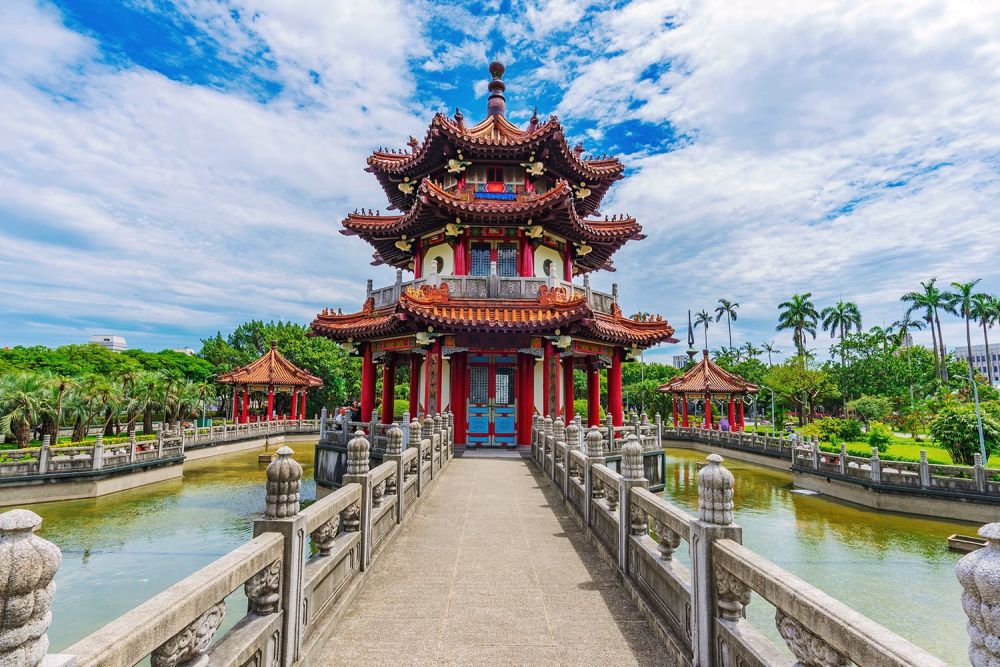

The history of tourism in Taipei, Taiwan's vibrant capital, dates back several decades and reflects the city's evolution from a quiet settlement to a bustling metropolis. Taipei officially became the capital of Taiwan in 1949, following the Chinese Civil War. Since then, it has transformed from a gateway for political and economic activities into a thriving destination for international travelers.
In the post-war period, the cornerstone of Taipei's tourism was mainly business-related travel, with few leisure visitors. However, as Taiwan experienced rapid industrialization and modernization during the 1960s and 1970s, Taipei began to open up more to international tourists, showcasing its cultural heritages, such as the historic temples and the renowned National Palace Museum, which houses one of the world's most extensive collections of Chinese art and artifacts.
Tourism further blossomed in Taipei in the 1980s and 1990s due to significant infrastructural improvements, including the development of the Taipei Metro (MRT) and enhancements to the city's international airport facilities. This period also saw the rise of notable landmarks, including the completion of Taipei 101 in 2004, which was the world's tallest building at the time and quickly became a symbolic tourist attraction. The inclusion of Taipei in global travel guides and the relaxation of travel restrictions for visitors from various countries also contributed to the tourism boom.
In recent years, tourism in Taipei has become more sophisticated and diverse. Ecotourism has grown in popularity, with travelers seeking experiences in the natural landscapes surrounding Taipei, like Yangmingshan National Park and the hot springs of Beitou. The city's thriving street food scene and night markets, such as Shilin and Raohe, have also become a major draw for tourists.
Cultural tourism has been on the rise as well, with the city hosting numerous festivals and events that celebrate local culture, including the Taipei Lantern Festival and the Taipei International Dragon Boat Festival. Meanwhile, the city has also embraced digital tourism, providing tourists with apps and online resources to enhance their travel experience.
The advent of social media has also radically shaped tourism in Taipei. Influencers and bloggers often share their experiences in the city, encouraging more people to visit. Specialized tours focusing on themes such as photography, culinary experiences, and heritage walks have become popular.
Like many destinations worldwide, Taipei's tourism industry faced challenges due to the global COVID-19 pandemic. However, the city has been adapting by implementing strict health protocols and exploring virtual tourism opportunities, allowing would-be travelers to explore Taipei's attractions from the safety of their homes.
The future of tourism in Taipei looks bright as the city continues to innovate and grow. With the eventual return of international travel, Taipei is prepared to welcome tourists with open arms and showcase the best of what the city has to offer, from its modern urban landscapes to its rich cultural traditions and stunning natural beauty.